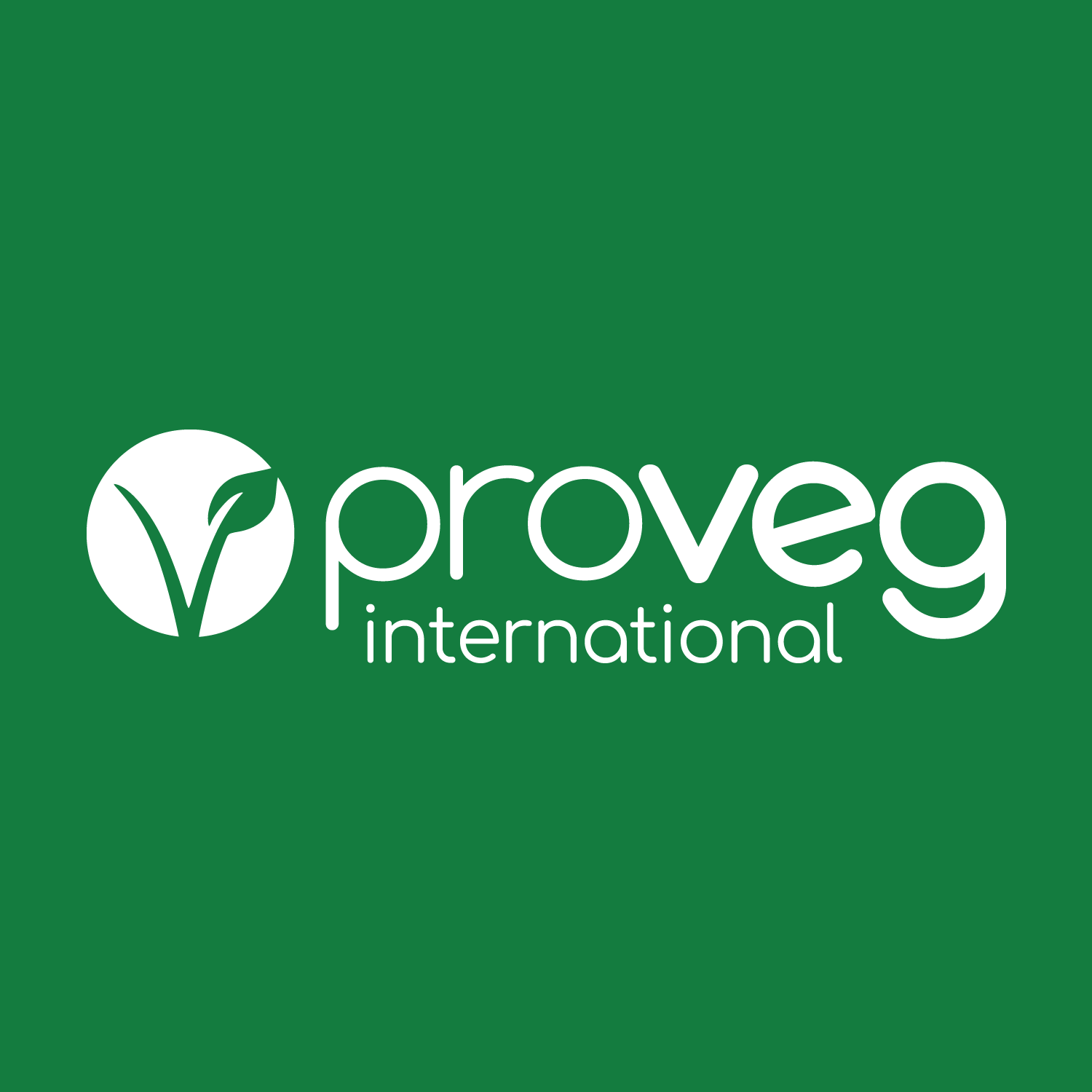
Can we imagine a world where economies are focused on well-being?
Safe drinking water, nutritious food, clean air, and good environmental conditions - these are some of the chief underlying determinants of health. In order to be reasonably healthful all of them must be available, accessible and of adequate quality - but not everybody is as fortunate.
On 7 April the World Health Organisation (WHO) marks the 76th year since its founding, which is annually celebrated as World Health Day. Since 1991 each anniversary has had a theme to draw attention to a specific health topic; including in recent years “Halt the rise: beat diabetes”, “Building a Fairer and Healthier World for Everyone”, “Our planet, our health” in 2022 and for 2024: “My health, my right.”
The right to health for all is core to the WHO’s mission and enshrined in their constitution, estimating that more than 13 million deaths around the world each year are due to avoidable environmental causes, including the climate crisis. Extreme weather events, land degradation and water scarcity are displacing people and affecting their health. Climate change has been found to drive the increase in infectious diseases and other communicable diseases. Maintaining health is not simply about quality care when illness strikes, but in access to the building blocks of a healthy body - almost none more so than nutrition - and in this way the output and quality of our food system is inherently connected to our right to health. Food is medicine and a system which does not fulfil our global needs is an affront to our rights.
It’s a ticking time-bomb to the next pandemic and if the last one did anything it revealed weaknesses in areas of society and underlined the urgency of creating sustainable and equitable well-being - but unfortunately our current political, social and commercial decisions are driving the climate and health crisis in a troubling direction.
The African region experiences a high prevalence of non-communicable diseases, mainly cardiovascular diseases, diabetes, cancer, and chronic respiratory diseases. More than 1.6 million people between the age of 30 years and 70 years die prematurely from at least one of these illnesses each year, which represents 63 percent of all non-communicable disease deaths. Being exposed to harmful products and unhealthy dietary practices are at a higher risk to people in lower socioeconomic groups, making them more vulnerable than medium to high income demographics. Economic downturn and unemployment paired with rapid urbanisation in South Africa has seen a change in food consumption patterns where people are taking in excess unhealthy calories, refined sugars, processed food, but fewer fruits and vegetables, exacerbating disease prevalence.
The Food and Agriculture Organization (FAO) reports that about 20 percent of the total population in Africa are undernourished, most of which reside in the sub-Sahara. South Africa, Namibia and Mauritius are at a prevalence of undernourishment between 5 percent and 14.9 percent, according to the UN World Food Programme’s Hunger Map. Our governments have the obligation to protect and promote the right to health of their citizens, and passing good laws can lay the foundation for more effective environmental protection and better nutrition, issues which are intrinsically linked through the food system. The WHO Council on the Economics of Health for All found that at least 140 countries recognise health as a human right in their constitution, yet many countries don’t effectively enact these statutes in practice and there is need to address the means by which the right to health doesn’t remain mostly hypothetical.
Many of the world’s most pressing health and environmental problems share a common cause which is only now being seriously put on the table - animal agriculture - which contributes enormously to climate change, lifestyle diseases and hunger. Climate change is an undeniable threat to food security, water availability as well as biodiversity worldwide. The production and consumption of animal products is a major producer of potent greenhouse gases and a driver of climate change, whereas adopting a plant-based diet helps to reduce these emissions significantly. It is now widely accepted that a plant-based diet offers numerous benefits compared with a diet centred on animal products. While animal-based diets carry several health risks, a varied plant-rich diet can offer prevention and treatment of lifestyle and non-communicable diseases.
Transforming the global food system by replacing animal products with plant-rich foods is a multi-problem solution that also advances food availability and food justice since animal products require far more resources, feed and water, to cultivate compared to plants. Grains and beans that could otherwise be used to alleviate famine and tame malnourishment are channeled en masse to animal farms to produce relatively small amounts of beef, lamb, pork and poultry by weight.
Health is wealth, but it is also a right and shouldn't be reserved only for the affluent. ProVeg works to raise awareness of the connection between our diets, climate change and our well-being; and a right not just to adequate food, but an adequate food system that will reify these rights for all.
More information: ProVeg



